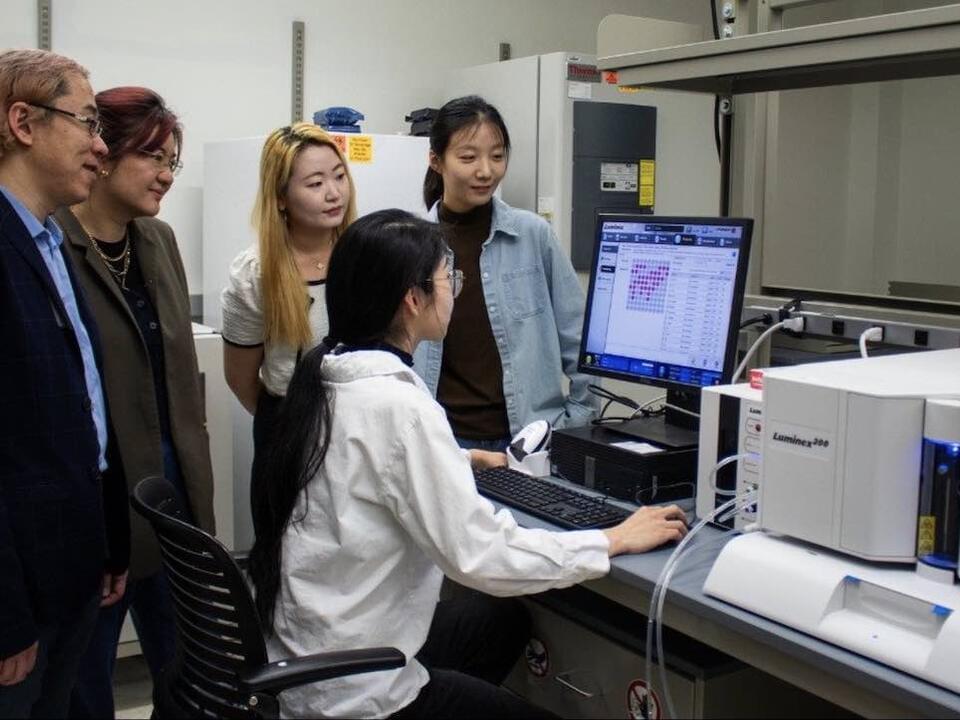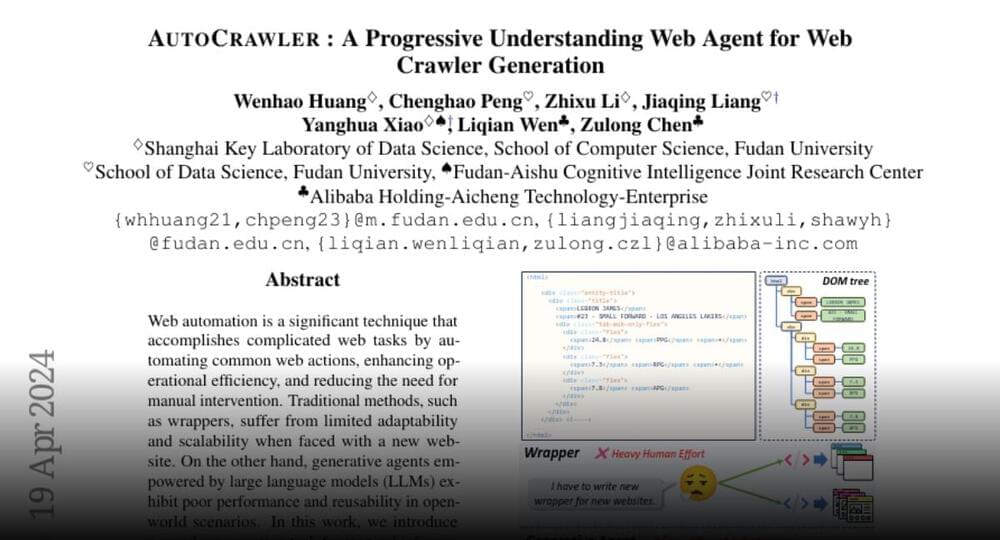Scientists at King’s College London have discovered a new cause for asthma that sparks hope for treatment that could prevent the life-threatening disease.
Most current asthma treatments stem from the idea that it is an inflammatory disease. Yet, the life-threatening feature of asthma is the attack or the constriction of airways, making breathing difficult. The new study, published in Science, shows for the first time that many features of an asthma attack—inflammation, mucus secretion, and damage to the airway barrier that prevents infections—result from this mechanical constriction in a mouse model.
The findings suggest that blocking a process that normally causes epithelial cell death could prevent the damage, inflammation, and mucus that result from an asthma attack.








